Postpartum Depression And Breastfeeding
Recent evidence suggests that women who experience difficulty with breastfeeding may be at a higher risk for postpartum depression. Breastfeeding has well-established benefits to babies.
Breastfeeding And Postpartum Depression Ppd Mamava
A recent review found that mothers who did not breast-feed were significantly more likely to be depressed Dennis McQueen 2009.

Postpartum depression and breastfeeding. In fact just the op-posite is true. Postpartum depression can distort the way a mom feels about childcare and make her feel like the baby is not settled or gaining enough weight she says. We have always known that postpartum depression is a biochemical illness that is triggered by the immense hormonal shifts that occur shortly after birth and that the ability to breastfeed also depends on effective hormonal activity.
Cindy-Lee Dennis PhD a professor of nursing and medicine at the University of Toronto and an author of the 2007 study says their findings suggest that depressive symptoms can bring on breastfeeding difficulties. Breastfeeding and Depression 1 The relationship between breastfeeding and depression is com-plex but breastfeeding does not cause depression. Negative experiences associated with a failure to breastfeed may contribute to or induce depression in mothers Watkins et al 2011 Gagliardi et al 2012 and antenatal or postpartum depression may contribute to adverse infant-feeding outcomes including breastfeeding difficulties and reduced breastfeeding duration Hatton et al 2005 Nishioka et al 2011 Dennis and McQueen 2009.
Multivariate linear and logistic regressions were performed to investigate the effects of breastfeeding on mothers mental health measured at 8 weeks 8 21 and 32 months postpartum. While mom seeks help for her mental health needs it is still possible to meet breastfeeding goals. There were no differences in maternal depressive symptoms or breastfeeding habits at neither 6 weeks nor 6 months postpartum between women who received standard or.
It most often occurs during the early weeks or months but it can show up anytime during the first year. Our study shows that it also benefits the mental health of mothers. Some postulate that breastfeeding may help protect against postpartum depression but this can be challenging for new mothers who have negative experiences with the task.
In particular the direction of the relationship between breastfeeding and higher or lower rates of depression is unclear. As previously mentioned postpartum depression can make breastfeeding more of a challenge but it doesnt have to be this way. Although postpartum depression has been identified as a risk factor for early breastfeeding cessation early negative breastfeeding experiences may be a risk factor for postpartum depression.
This study aimed to identify the causal effect of breastfeeding on postpartum depression PPD using data on mothers from a British survey the Avon Longitudinal Study of Parents and Children. How PPD Effects Baby. A new study of over 10000 mothers has shown that women who breastfed their babies were at significantly lower risk of postnatal depression than those who did not.
OHara Zekoski Philipps and Wright 1990 noted that approximately 10 to 15 of women develop varied levels of depression symptoms after childbirth. There was an inverse relationship between depressive symptoms and breastfeeding at 6 weeks postpartum P. Postpartum Depression Breastfeeding Postpartum depression PPD occurs in about 1 in 7 women and can begin anytime within the first year after giving birth.
It may be a mothers goal to breastfeed her baby but if she experiences difficulty with it latch issues supply problems etc she may feel more depressed because of her postpartum depression diagnosis. According to a 2018 systematic review by the Agency for Healthcare Research and Quality AHRQ. Many have suggested that breastfeeding may protect against postpartum depression and have suggested that the cessation of breastfeeding may be a trigger for postpartum depression andor anxiety.
Breastfeeding And Postpartum Depression Many mothers suffer from postpartum depression PPD after they give birth. Further it has also been suggested that breastfeeding may offer protective benefits against postpartum depression 28. At 12 weeks postpartum the EPDS was completed at an outpatient visit.
For decades researchers have postulated a connection between breastfeeding and postpartum depression PPD. However postpartum depression was far more likely in those women who stopped because they were having problems eg pain breast infection low milk production problems with baby latching or sucking than in those women who stopped breastfeeding for other reasons. The cessation of breastfeeding was associated with risk for subsequent depression.
First time moms are more likely to experience PPD. There is insufficient evidence on whether breastfeeding is associated with postpartum depression. This relationship persisted even after controlling for prior history of depression increased life stress and current psychoactive medication.
Few authors have examined postpartum depression and breastfeeding in exclusively Hispanic samples. The strongest result from Table 4 is that breastfeeding is strongly associated with a lower risk of depression at 8 weeks postpartum for women who had planned to breastfeed.
Childhood Trauma History Breastfeeding And Postpartum Depression Mood Mother And Infant Study

Postpartum Depression And Breastfeeding 7 Practical Tips To Try Living With Low Milk Supply

Breastfeeding Retinoids And Postpartum Depression A New Theory Sciencedirect

Breastfeeding And Depression It S Complicated Breastfeeding Medicine
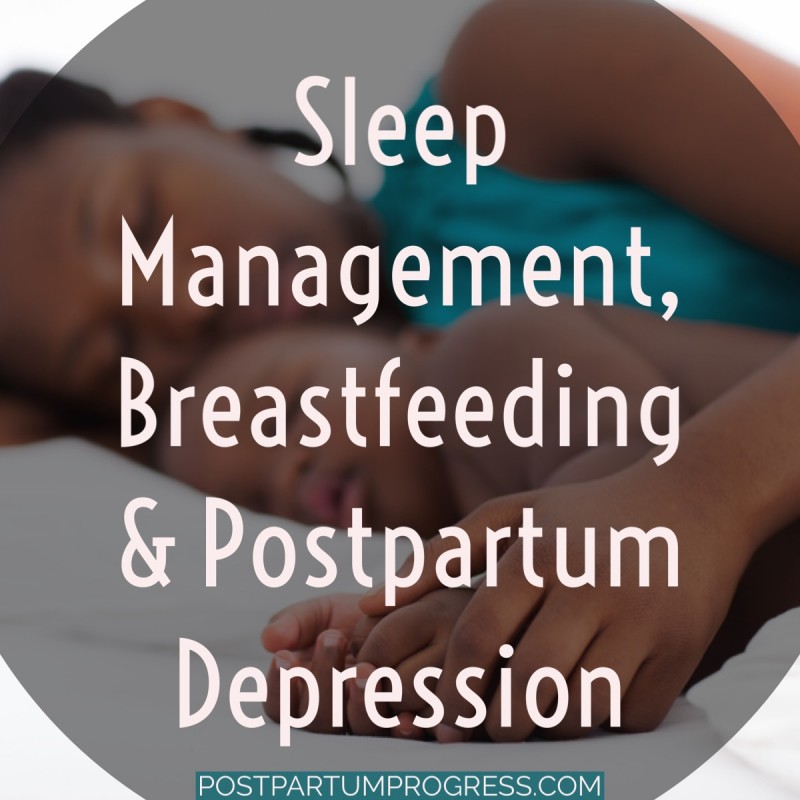
Sleep Management Breastfeeding Postpartum Depression
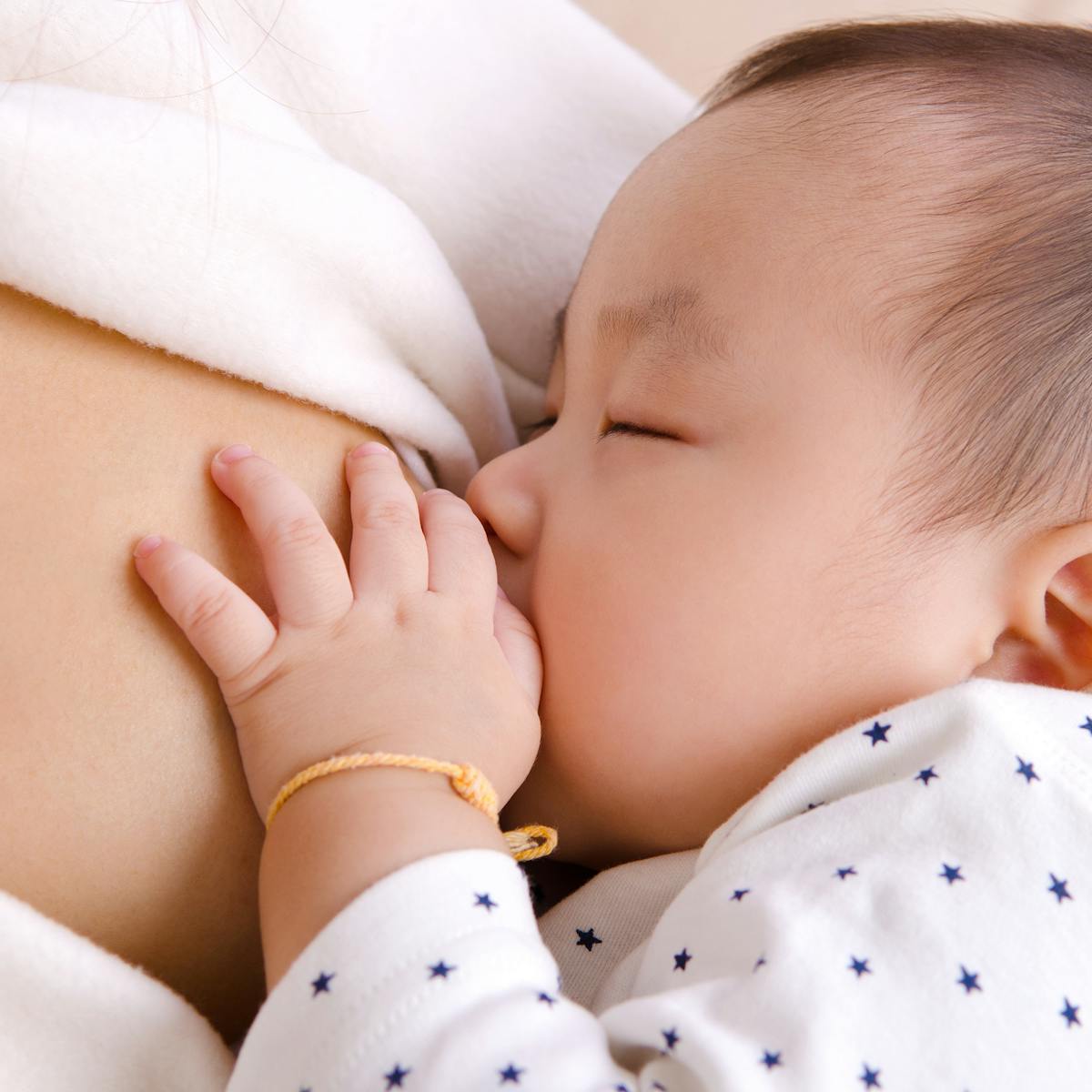
Breastfeeding Struggles Linked To Postpartum Depression In Mothers
Breastfeeding And Postpartum Depression Breastfeeding Place

Formulation Worksheet For Postpartum Depression Download Scientific Diagram

Breastfeeding With Postpartum Depression

Treatment Of Mild To Moderate Postpartum Depression During Breastfeeding Download Table

Vector Illustration Breastfeeding The Mother Is Breastfeeding Royalty Free Cliparts Vectors And Stock Illustration Image 153602516
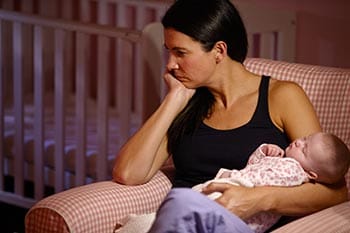
Postpartum Depression Breastfeeding Cdc

Figure 1 From Breastfeeding Is Negatively Affected By Prenatal Depression And Reduces Postpartum Depression Semantic Scholar

A Breastfeeding Friendly Approach To Postpartum Depression A Resource Guide For Health Care Providers Kendall Tackett Kathleen 9781939807298 Amazon Com Books

What Is Postpartum Depression Visual Ly

Prenatal And Postpartum Depression As Predictors Of Exclusive Download Table
Breastfeeding Support Ldc Public Health Ks Official Website
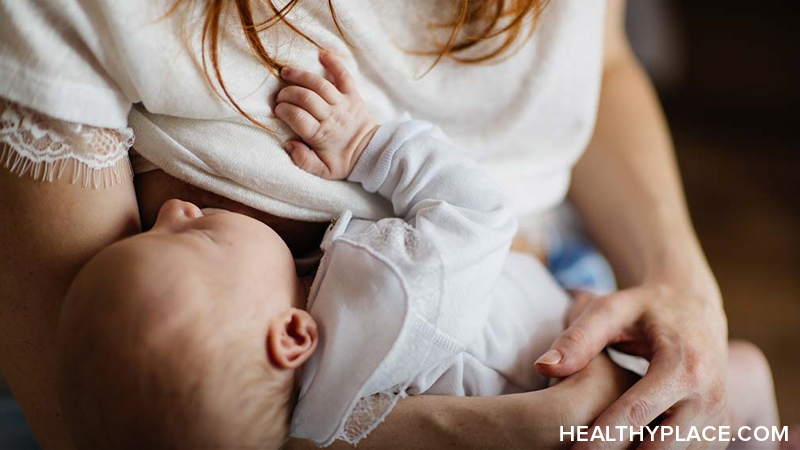
Postpartum Depression And Breastfeeding Effects Safe Treatments Healthyplace
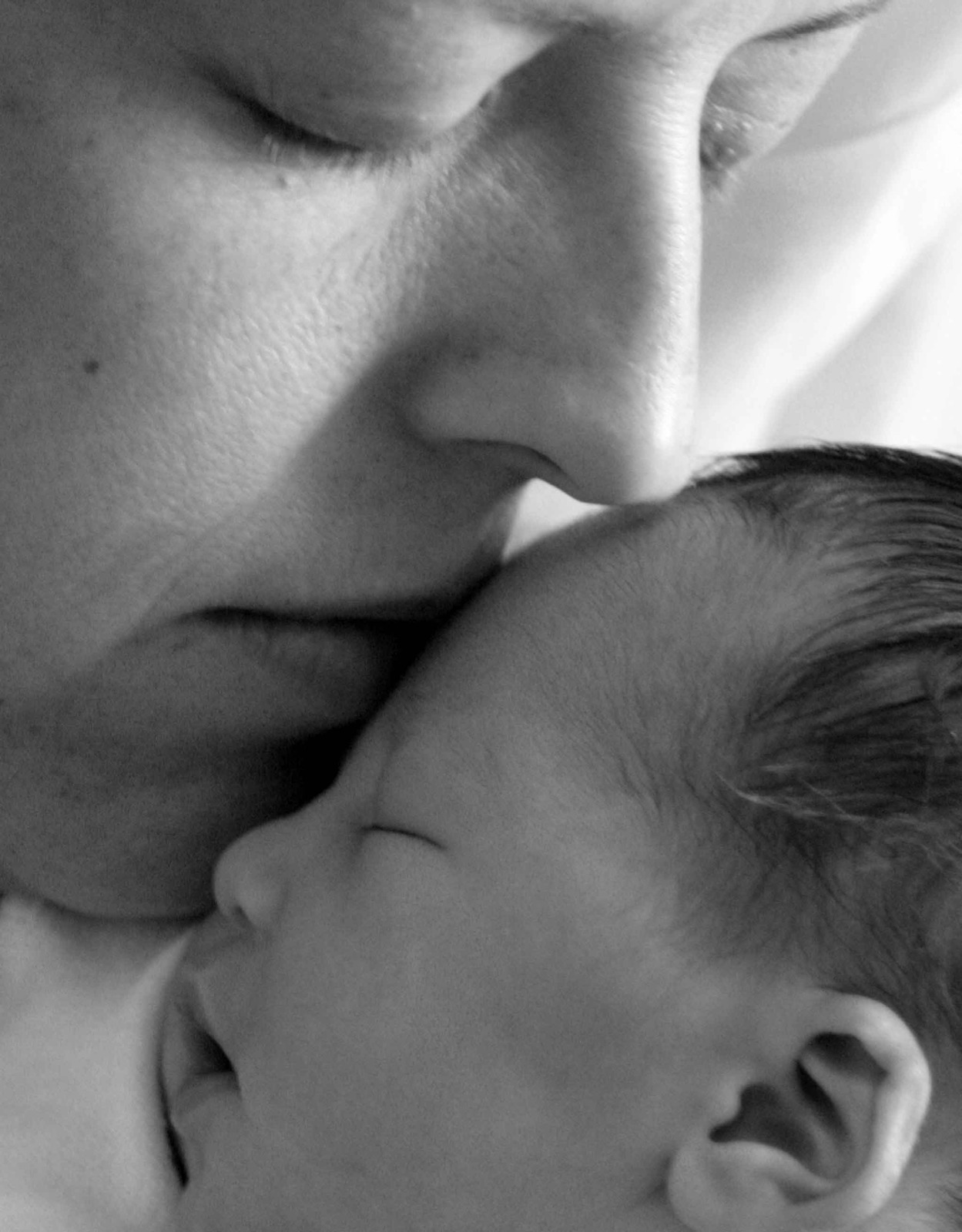
Breastfeeding Difficulties May Lead To Postpartum Depression Mgh Center For Women S Mental Health
Post a Comment for "Postpartum Depression And Breastfeeding"